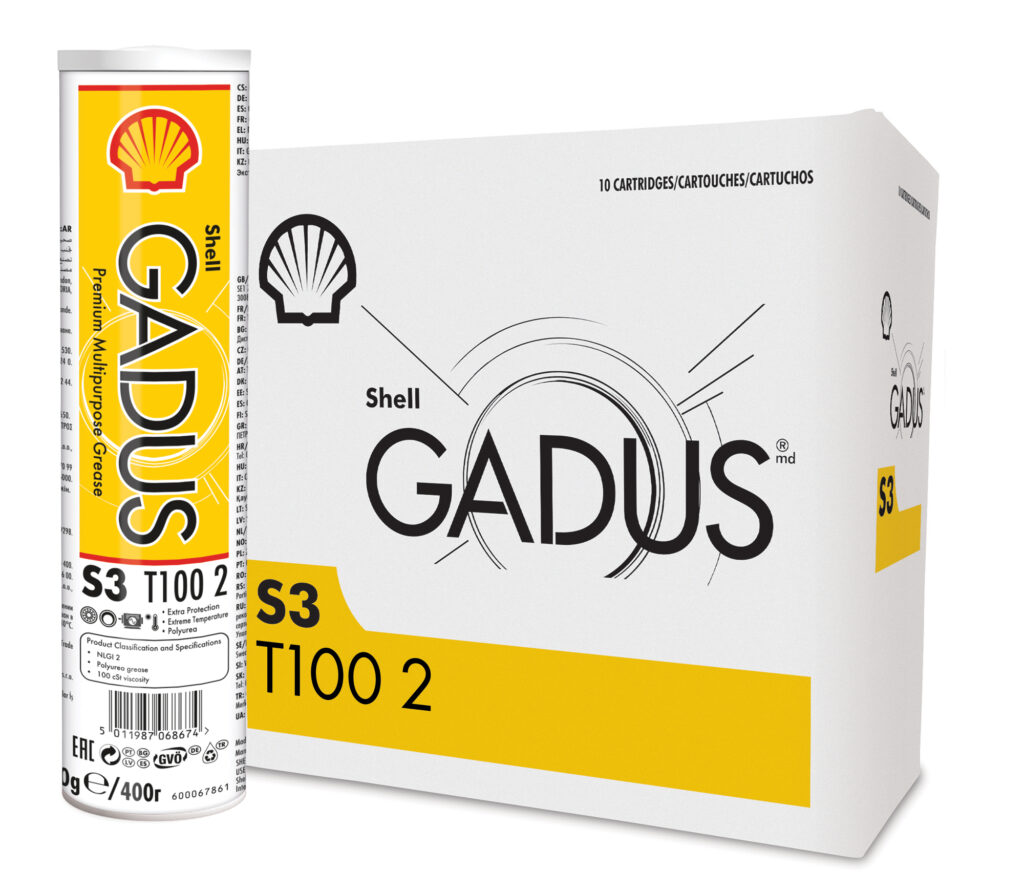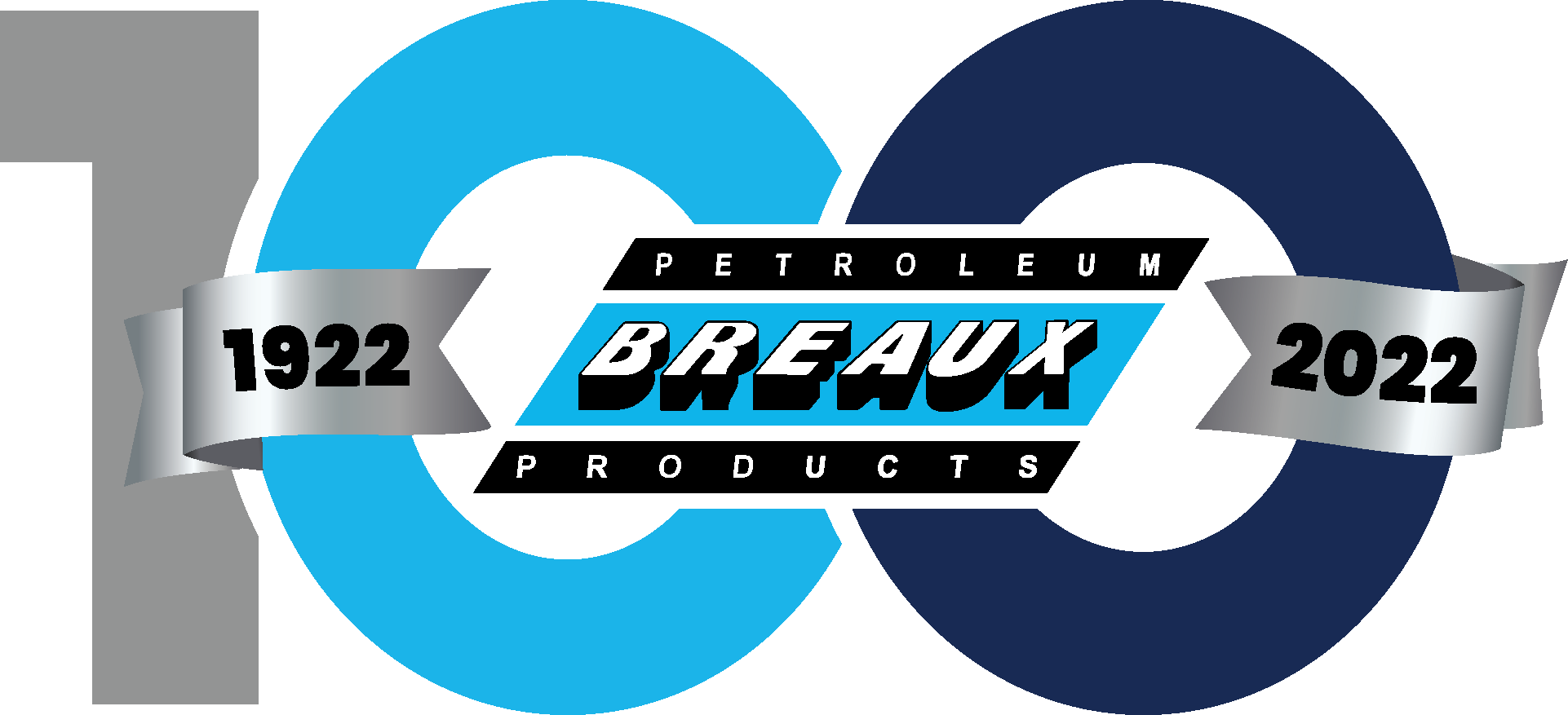Electric Motor Grease Stockpiles
Shelf-life considerations for polyurea thickened greases and other lubricants
Written by
Nic Schaff, Sales Manager
If the global supply chain issues caused by COVID-19 weren’t enough, the Chemtool fire of June 2021 certainly didn’t help an already struggling supply chain for greases, especially polyurea thickened greases. As a response to these challenges, we saw an unprecedented level of substitutions taking place where previously maintenance and reliability professionals were very wary of mixing different greases.

Shell Gadus S3 T100 2 is one of the most common electric motor greases in the world and is commonly used in sealed bearings because of its extended useful life.
What is polyurea-thickened greases?
Grease is comprised of three main components: base oil, additives, and generally a soap thickener. The most common grease thickeners are lithium, lithium-complex, and calcium sulfonate. In the case of most electric motor greases, polyurea is the thickener of choice because of its low oil separation, which prevents any bleeding into motor windings. Additionally, in other applications, polyurea performs better than lithium-based greases because of its high thermal stability, superior antioxidative properties, and performance under high operating conditions.
ChemTool Fire of June 2021
On June 14, 2021, a scissor lift operated by an insulation contractor accidentally struck a valve or pipe carrying heated mineral oil. This ultimately led to an explosion that destroyed not only the entire facility but a large percentage of the grease production in the U.S., including polyurea thickened stocks. As a result, most major grease manufacturers found themselves scrambling to pivot towards alternative supply points. To make matters worse, the industry was experiencing shortages of everything from cardboard tubes, pallets, drums, and various additives used in many of the most common lubricant formulations.
How bad did it get?
A grease supply shortage doesn’t really describe what happened to the market for polyurea greases since a shortage would imply that supply levels were lower than normal. What happened was the supply was about as close to empty as you can get in the U.S. Equipment operators began to seek other sources for electric motor greases, price gouging on eBay ensued, and questionable off-brand alternative products became more popular than ever.

Stockpiling and Shelf-Life Concerns
What’s a natural reaction to a supply shortage? Overstocking of course. In the early years of the pandemic, we saw empty shelves of toilet paper, hand sanitizer, and latex gloves. While most industrial lubricants have a shelf life of 48 months, polyurea-thickened greases unfortunately only have a 24-month shelf life from the time that the product is packaged. For companies that have these stockpiles of electric motor grease and any other lubricant for that matter, it’s extremely important to recognize this to ensure that inventory is being properly rotated in a first-in-first-out (FIFO) method. This ensures that the product is properly mixed and that it will perform as it was designed to. If you do find a key or pail of grease where the oil has started to separate from the thickener, best practice is to stir and mix the grease until the original consistency is restored.
If you think your electric motor grease stockpiles fall into this category, should you start throwing product in the trash? Maybe, but most importantly you can start to label tubes, cases, drums, pails, and kegs appropriately to ensure that you’re rotating properly and only using product that is suitable for use.
Contact us today to learn more about how Breaux Petroleum’s vendor-managed inventory service can keep your business moving.
